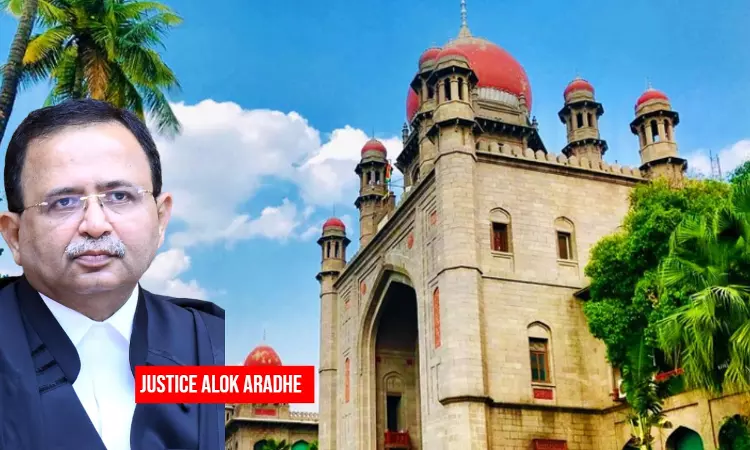Dispute Related Insolvency & Winding-Up Of Partnership Concerning Partners' Rights & Obligations Is Arbitrable: Telangana High Court Appoints Justice L. Nageswara Rao As Arbitrator
Rajesh Kumar
23 April 2024 6:00 PM IST

Next Story
23 April 2024 6:00 PM IST
